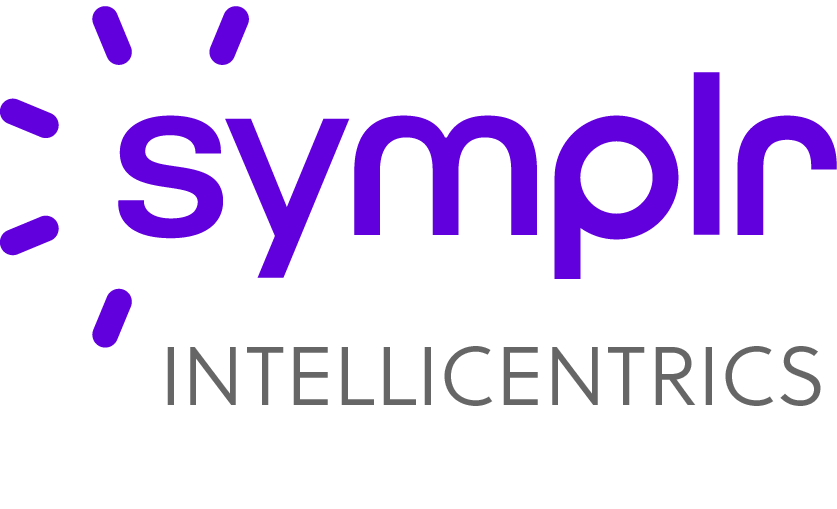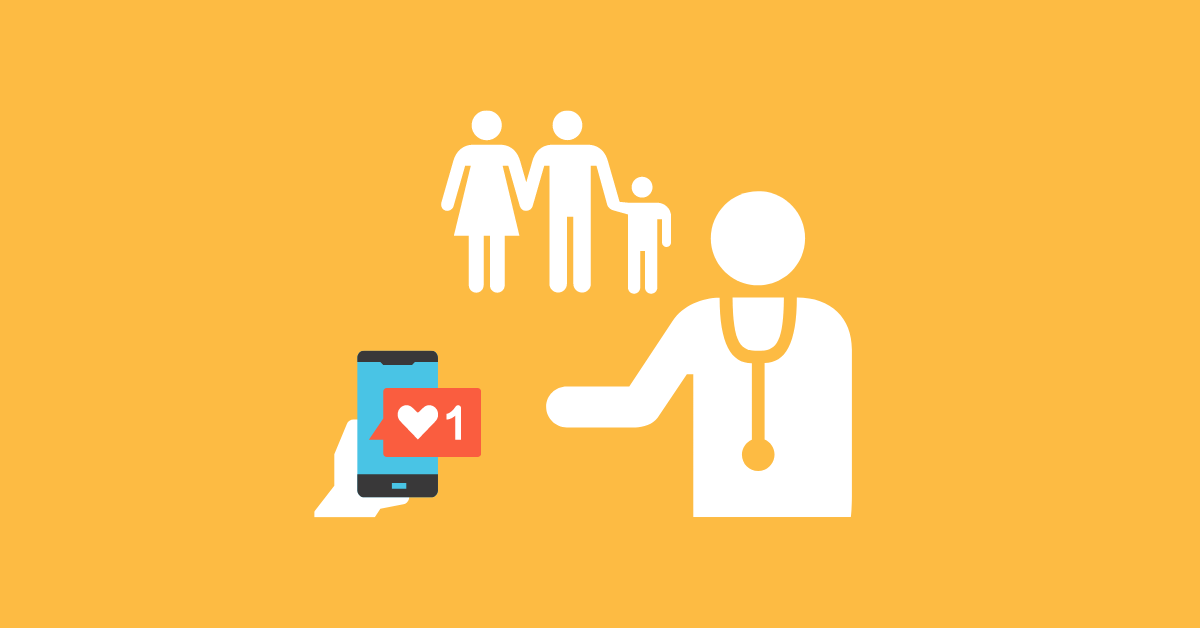
By Linda Ash-Jackson, MD
In the SEC³URE Ethos community, we strive to make quality healthcare as accessible as a good cup of coffee by creating an environment of trusted encounters between all participants in the healthcare journey. We focus on enabling frictionless encounters for that provider-patient-location of care interaction to improve clinical and quality outcomes at an optimized cost.
In the middle of that equation, no individual is more important than the patient and their family support system. Engaging that patient to be part of the healthcare journey and creating an environment that provides or improves patient satisfaction is key to the mission of all our partners in healthcare delivery.
In fact, the IBM Top 100 hospitals of 2021 and other measures like Leapfrog Hospital Survey, Leapfrog’s Hospital and Surgery Center Ratings reflect higher-performing hospitals had better patient satisfaction than their peers.
There are numerous reasons to want to engage patients in their healthcare to achieve the benefits for both patients and providers.
Patient Engagement
On the clinical side, engaged patients are more likely to trust their provider or location of care, better understand their treatment plans, be more compliant with recommended treatment and have better outcomes. Years ago, when I practiced, the internet was not widely available, so patients received virtually all their education from providers or hospitals. Screenings and self-awareness of illnesses were only as good as your doctor taught you. I knew that my patients’ compliance and understanding directly correlated with the trust I built with each of them. Today, in the digital age of medicine and information, patients, as consumers, treat healthcare and their needs or symptoms as information that can be viewed or a commodity that can be purchased through virtual means, especially due to the COVID-19 pandemic. It may not replace the personal practitioner relationship for many people. Still, it means that those personal relationships must be more informed and trusted, as well as encompass the reality of widely available information.
Combine that with our societal expectation in which we maximize our satisfaction or minimize our disappointment with the food we order from restaurants on Uber Eats, contractors we hire from Angie’s List or Yelp, or hotels we stay in booked on hotels.com. By nature, we now manage our healthcare patronage the same way.
Healthcare Encounters
Practitioners, medical groups, hospitals, ambulatory surgery centers all manage their revenue and expense based on volume and costs. We, as patients, may not think of it that way, but each encounter we “award” them to care for us, our family, or friends, provides them revenue. Repeat customers and referrals are necessary for most businesses to thrive. Healthcare encounters are even more important because patients may be anxious about symptoms, treatment for life-threatening conditions or afraid of hospitals or doctors. Each interaction during a healthcare delivery episode is important. So important that the results of those interactions are measured and scientifically surveyed and, in many cases, published for consumers to review for quality of outcomes, care delivery, and patient satisfaction - much like Angie’s List or Yelp personified with standardized measures and outcomes.
Patient Surveys
The surveys most widely available for consumer review are developed by the Agency of Healthcare Research and Quality (AHRQ), called Consumer Assessment of Healthcare Providers and Systems (CAHPS). These were developed as surveys for Medicare and Medicaid beneficiaries to evaluate the patient experience in a facility, a provider, or a home health agency, etc. Because these are sent out after patients have a hospital stay as determined by Medicare’s adjudication of a claim, they are usually at least a year to 18 months old when they are published. Nevertheless, these are publicized and used for positive advertising or strategized if results are unsatisfactory. When these are combined with the mandatory clinical indicators collected and published on the website: Find Healthcare Providers: Compare Care Near You, they could make or break the market share in some places with high populations of hospitals and practitioners. Hospitals and facilities look at their specialty services and what portion of the overall market they hold for that condition. It helps them understand what services need to be provided, where they need to invest their money for improvements, and how much revenue they could make or lose if it goes up or down.
Locations of care and practitioners do not always like waiting for this information, so many of them survey every discharged patient with similar questions, the largest of which is called “Press-Ganey.” These monthly results let the location look for trends or concerns and act on them to congratulate some areas or improve results in others.
If you think about you or your family’s experience in a hospital or with a provider - how long was it before you received help if you called for it, how they communicated, did you understand your discharge instructions, and how would you rate the hospital or recommend it – it can all have an impact.
And thinking about the situations and the care experience, such as did my procedure get scheduled as quickly as I wanted? could my family see me safely was my favorite doctor on staff? did my surgery happen on time? – all of which influence whether you would go back again or recommend that facility or practitioner to friends and family.
The SEC³URE Ethos Journey
Many of these questions are solved by what we do in the SEC³URE Ethos, a fully integrated, end-to-end technology platform. IntelliCentrics has built upon the idea that with greater connectivity, and when interactions can be trusted across the complex spectrum of care, everybody benefits. By utilizing an integrated platform for credentialing and scheduling, among many other responsibilities, you build trust amongst staff and patients.
We can get the patient’s doctor of choice ready for the location to privilege and get them seeing patients quickly. We help create a safer patient and visitor environment by deploying BioBytes Visitor (our visitor management solution) or BioBytes (our telehealth solution). We can get vendor reps in efficiently, compliantly, and safely to ensure all the equipment and implants are at the location and ready to go. Our SEC3URE Link service allows users to schedule procedures quickly and then communicate with all parties including the patient, friends, and family on the timing and expectations of that surgery day.
Locations of care rely upon us to build and manage the business processes that make them successful with their patients. And we deliver on that promise with the SEC³URE Ethos every day. That’s why we say, “Everyone wins in the SEC³URE Ethos.”
Dr. Linda Ash-Jackson is the chief medical officer at IntelliCentrics.




